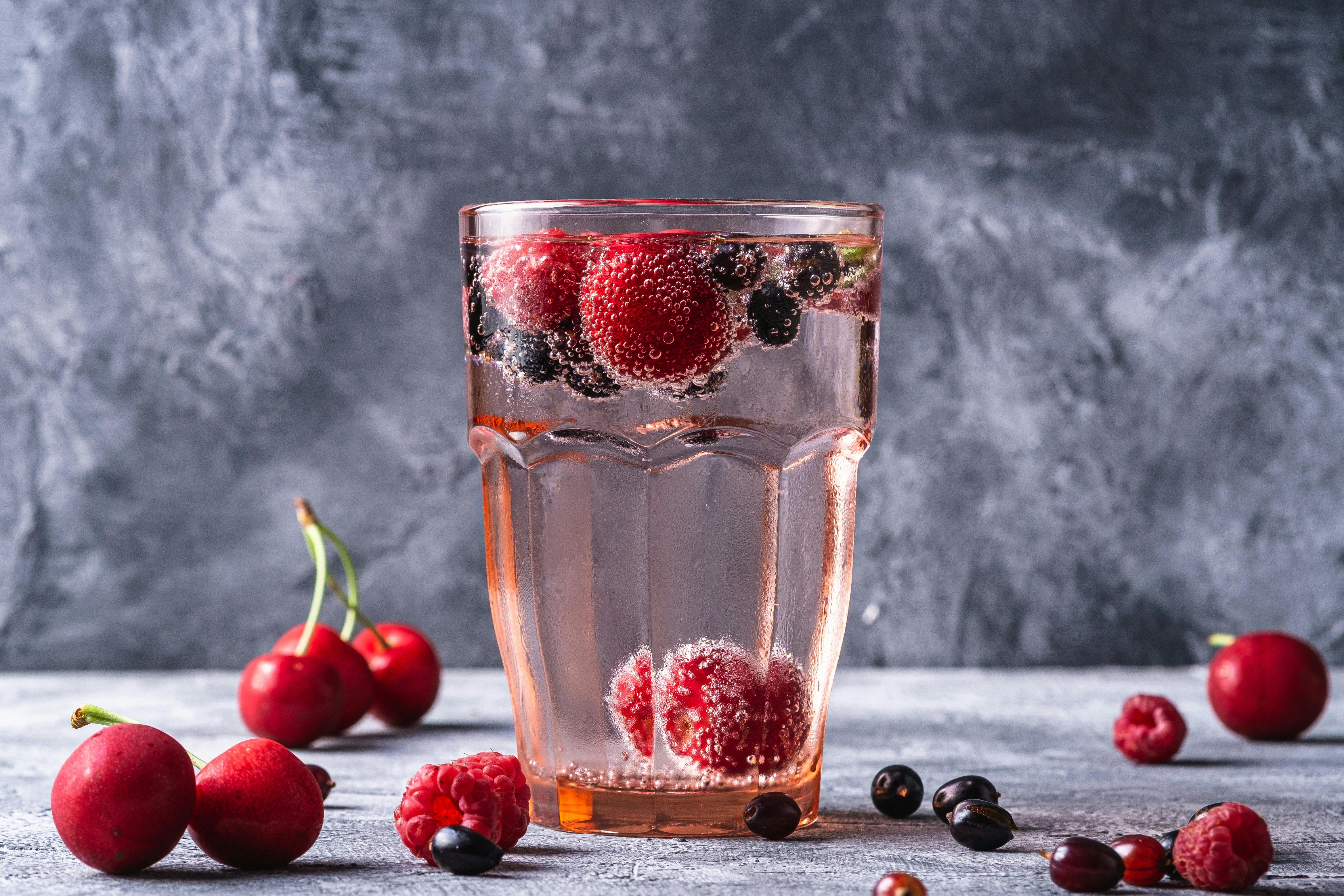
Effective Vegan Bodybuilder Diet: Top 5 Proven Meals for Optimal Gains in 2025
Essential Guide to Vegan Bodybuilder Nutrition
In recent years, the popularity of vegan diets has soared among athletes and bodybuilders, thanks to its numerous health benefits and ethical considerations. For those looking to build muscle, a well-planned vegan bodybuilder diet is crucial for achieving optimal gains. This article will explore the significance of nutrient-dense foods, effective vegan meal planning, and the role of plant-based proteins in weightlifting nutrition.
A vegan approach to bodybuilding can provide all the necessary nutrients, including essential amino acids, vitamins, and minerals, that support muscle recovery and growth. By focusing on high-calorie vegan foods and protein-rich vegetables, athletes can fuel their workouts effectively while adhering to plant-based dietary guidelines.
Throughout this article, we will outline some of the best vegan recipes for bodybuilders, practical meal prep strategies, and essential tips to maintain muscle mass on a vegan diet. Let's dive into the world of vegan bodybuilding meals that will not only nourish your body but also satisfy your taste buds.

Top 5 High-Protein Vegan Meals for Bodybuilders
Building on the fundamentals of vegan nutrition, the following meals are specially crafted to ensure that bodybuilders receive adequate macronutrients and micronutrients. Each meal emphasizes a balance of protein, healthy fats, and carbohydrates, which are essential for muscle recovery and energy replenishment.
1. Quinoa and Black Bean Salad
This vibrant meal combines protein-packed quinoa with black beans, a great source of plant-based protein and fiber. Toss in some colorful veggies like bell peppers, cherry tomatoes, and onions, adding healthy fats from avocados. This nutrient-dense meal is perfect for lunch or a post-workout dinner.
Protein Profile: Quinoa offers approximately 8 grams of protein per cup, while black beans provide an additional 15 grams.
Preparation Tip: Combine cooked quinoa and black beans, then mix in olive oil, lime juice, salt, and pepper for a refreshing salad that holds well in the fridge for meal prep.
2. Chickpea Stir-Fry with Brown Rice
Chickpeas are an excellent source of protein and fiber, making them perfect for a vegan bodybuilding meal. When combined with brown rice, this dish provides all the essential amino acids needed for muscle growth. Add a variety of vegetables such as broccoli, carrots, and snap peas for an added micronutrient boost.
Implementation Advice: Stir-fry chickpeas with vegetables in a wok using sesame oil, garlic, and ginger. Serve it over brown rice for a fueling meal that's great for dinner.
3. Lentil and Sweet Potato Curry
This hearty dish is rich in protein and healthy carbohydrates. Lentils contribute significantly to the protein needs of vegans, while sweet potatoes provide complex carbohydrates that replenish glycogen stores post-workout. Spices such as turmeric and cumin not only enhance flavor but add anti-inflammatory properties beneficial for recovery.
Cooking Guidance: Cook lentils and diced sweet potatoes in a coconut milk-based curry sauce for a comforting meal. Serve it with whole grain bread or cauliflower rice for a complete dish.
4. Vegan Protein Smoothie Bowl
Smoothie bowls are a perfect option for breakfast or a post-workout snack. Use a blend of plant-based protein powder, almond milk, frozen banana, and a scoop of nut butter to create a creamy base. Top with sliced fruits, seeds, and nuts for added texture and nutrition.
Nutritional Insights: Incorporating a protein shake within the first 30 minutes post-workout can optimize muscle protein synthesis, aiding recovery.
5. Tofu and Vegetable Skewers
Tofu is a fantastic source of soy protein, essential for muscle building. Marinate cubed tofu with herbs and spices and skewer them with seasonal vegetables like zucchini and bell peppers. Grill or bake them for a deliciously satisfying meal.
Nutrition Tip: Each serving can deliver around 20 grams of protein, making it an ideal option for muscle gain.

Plant-Based Protein Sources for Muscle Gain
With the critical role that protein plays in muscle recovery and growth, understanding different plant-based protein sources is essential for any vegan bodybuilder. Taking this concept further, here are some of the best plant protein sources to incorporate into your diet.
Legumes: Powerhouses of Protein
Legumes such as beans, lentils, and peas are stellar protein sources. Not only do they provide protein, but they are also rich in fiber, contributing to digestive health while keeping you fuller longer.
For Bodybuilders: Aim for at least two servings a day, as they can easily be added to soups, salads, and smoothies.
Quinoa: The Complete Protein
Often hailed as a superfood, quinoa is one of the few plant foods classified as a complete protein, meaning it contains all nine essential amino acids. This makes it an ideal carbohydrate source for bodybuilders while also satisfying protein needs.
Usage in Meals: Use quinoa as a base for salads, bowls, or side dishes to effectively increase protein intake during meals.
Nuts and Seeds: Healthy Fats and Proteins
Nuts and seeds are not only a great source of healthy fats but also dense in protein. Options like almonds, chia seeds, and hemp seeds can easily elevate the protein content and nutritional value of meals.
Practical Use: Incorporate these into smoothies, oatmeal, or as a simple snack to enhance energy levels between meals.
Meal Prep Strategies for Vegan Bodybuilders
Meal prep plays a vital role in adhering to a vegan bodybuilding diet, allowing for convenient access to nutrient-dense meals without compromising quality or nutritional value. This naturally leads us to effective meal prep techniques, best suited for athletes.
Batch Cooking for Convenience
Prepare large portions of staple dishes that can be refrigerated and reheated throughout the week. Options like stews, quinoa, and roasted vegetables can provide balanced meals and save time.
Success Indicator: Aim for meals that last up to five days in the refrigerator to simplify meal planning.
Portion Control and Macro Tracking
Being mindful of portion sizes ensures that you are meeting both your caloric and macronutrient needs. Using tools to track macros can help you achieve precise nutrition goals.
Expert Recommendation: Use an app to monitor daily food intake, making necessary adjustments to macronutrient ratios as needed for specific bodybuilding goals.
Creating Balanced Meal Containers
Invest in meal prep containers that allow you to pack different food groups and maintain balance in meals. Separate compartments can hold protein, carbohydrates, and healthy fats. Utilizing these containers helps maintain variety and encourages consistent meal patterns.
Vegan Bodybuilding Tips for Optimal Gains
Connected to this principle of effective diet planning, understanding key tips for vegan bodybuilding can maximize your gains. This section provides insights to improve overall performance and muscle building while adhering to a vegan lifestyle.
Focus on High-Calorie Foods
For those looking to bulk up, it's essential to incorporate high-calorie vegan foods into your daily diet. Foods like nut butters, avocados, and starchy vegetables not only provide energy but also essential nutrients necessary for muscle gain.
Recommendation: Prioritize snacks and meals that include these high-calorie options to meet increasing energy demands.
Timing Your Protein Intake
Protein timing is crucial for muscle recovery and growth. Aim to consume at least 20-30 grams of protein within 30 minutes to an hour post-workout. A protein-rich smoothie can be a convenient option post-exercise to expedite muscle recovery.
Implementation Advice: Plan your nutritional intake around workout schedules to ensure optimal recovery.
Stay Hydrated
Hydration is often overlooked but is an essential component of optimal performance. Ensure that you are drinking adequate water throughout the day, especially pre and post workouts to support hydration and recovery.
Practical Tip: Consider incorporating electrolyte-rich vegan beverages to further enhance recovery after strenuous exercises.
Common Mistakes to Avoid in Vegan Bodybuilding
Finally, understanding common pitfalls in vegan bodybuilding can drastically improve your meal planning and nutritional strategies. Bodybuilders should be vigilant about avoiding these common mistakes.
Neglecting Nutrient Timing
Many individuals overlook the importance of nutrient timing, which can affect recovery and muscle growth. Incorporating efficient strategies, such as pre and post-workout nutrition, is essential.
Insufficient Caloric Intake
A vegan diet can sometimes lead to a lower caloric intake if not properly planned. Ensure that you are consuming enough calories to support your weightlifting goals.
Overlooking Micronutrient Needs
Vegan diets can sometimes fall short on certain micronutrients like vitamin B12, iron, and omega-3s. Supplementing and being mindful of these nutrients will prevent deficiencies and enhance overall health.
Q&A Section on Vegan Bodybuilding
1. Can you build muscle on a vegan diet?
Yes, it is entirely possible to build muscle on a vegan diet by strategically planning meals to include sufficient protein, carbohydrates, and healthy fats.
2. What are the best vegan protein sources?
Legumes, quinoa, tofu, tempeh, and high-quality vegan protein powders are some of the best sources of protein for bodybuilders.
3. How do I ensure I’m getting enough calories?
Focus on high-calorie foods such as nut butters, avocados, and whole grains while tracking your macro intake to meet your caloric needs.
4. What supplements should vegans consider?
Consider incorporating vegan protein powders, omega-3 supplements, and vitamin B12 to support overall health and well-being.
5. How can I improve muscle recovery on a vegan diet?
Incorporate anti-inflammatory foods, hydrate consistently, and ensure adequate protein post-workout for effective muscle recovery.